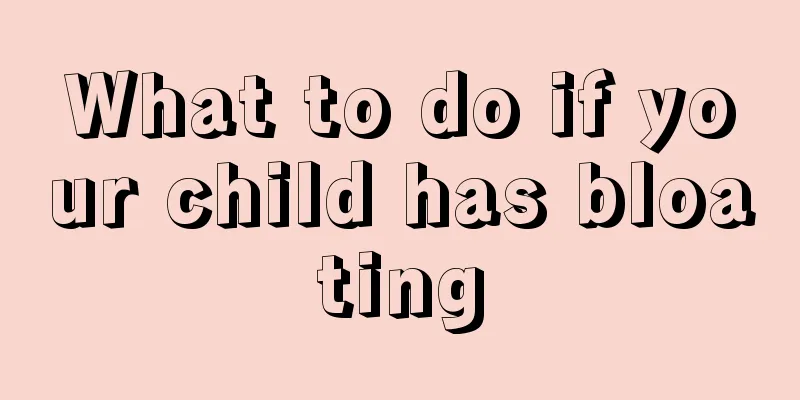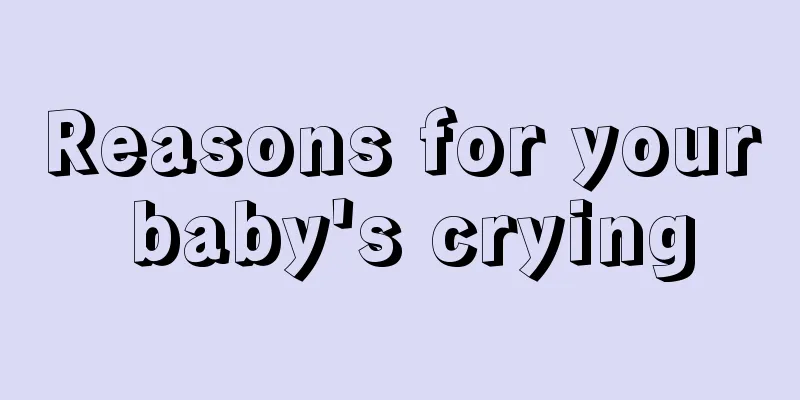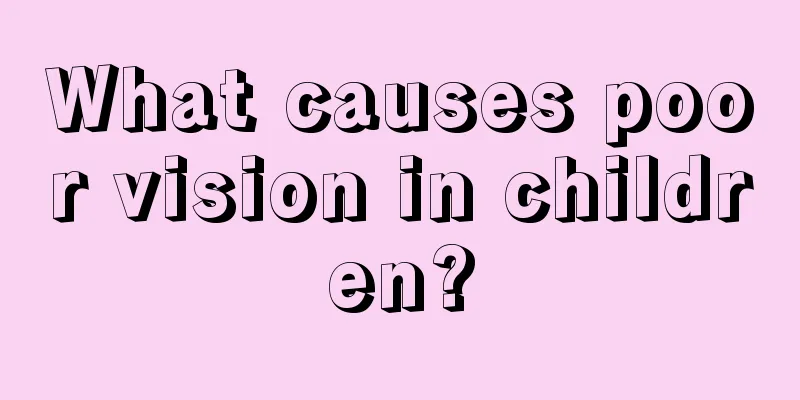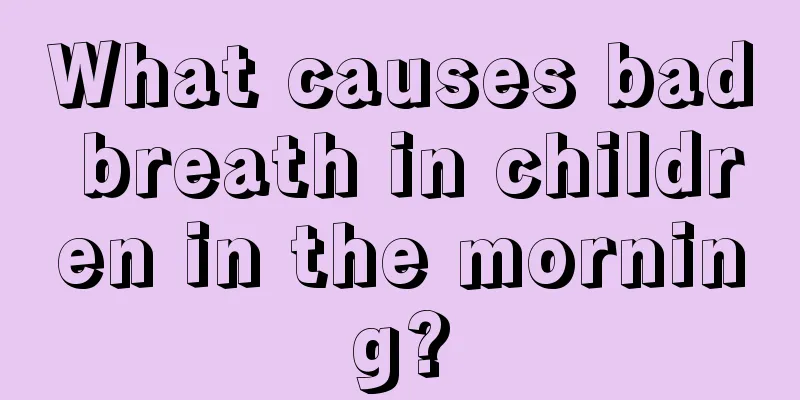The baby only has two teeth at ten months old

|
Newborns have no teeth when they are just born. When they grow to 10 months, some babies will slowly grow teeth. If only two teeth grow at 10 months, the growth rate is relatively slow, but parents should not worry too much. The growth rate of teeth is different for each child, which depends on the physical condition, but during this period, you can give your child foods rich in vitamins and calcium. Children usually start to grow teeth at around six months old. It is normal for a child to start growing two teeth at ten months old. Some children will start to grow teeth earlier because of their age. Some children will grow teeth later, which is normal and there is no need to worry too much. The eruption of children's teeth varies greatly from person to person, some are earlier, some are later, but for a certain child, it is normal. For children with early tooth eruption, the lower incisors may begin to erupt at more than 4 months; most children begin to erupt at 6 to 8 months; and a small number of children begin to erupt after 1 year old, and some children do not erupt until they are nearly 1 and a half years old. But for these children, if there is no systemic developmental abnormality, it is normal. The baby's first tooth starts to grow around seven months old, but the tip of the tooth may be slightly visible when the baby is three months old; some babies may not see teeth until they are twelve months old. The speed of tooth growth is influenced by genetics, so if the couple had early teething when they were young, the baby is likely to do the same. The signs of teething will appear about two to three months before you actually see the teeth coming out. These signs vary from person to person, but they are generally the following: Drooling: Babies start drooling around ten weeks to three or four months old, and teething particularly stimulates saliva secretion. Rash on the chin or face. Your baby's chin and facial skin may develop allergic rashes due to long-term contact with saliva. To avoid this phenomenon, you should wipe the baby's saliva frequently. When your skin is dry, apply a gentle lotion to moisturize it. Minor cough: Too much saliva can cause your baby to regurgitate or cough. As long as it's not a cold or allergies, it doesn't matter. Chew. A teething baby may bite anything and everyone he sees—from his own hand to his mother's nipple to a stranger's finger—in an attempt to relieve the pressure of the growing tooth under his gums by applying the force of chewing. |
<<: The baby only grows two teeth at the age of one.
>>: Is glucose good for children?
Recommend
What should I do if my baby cries when breastfeeding?
Breast milk is the best way to feed our babies. B...
Why does my child always want to urinate but doesn’t urinate much?
The symptoms of frequent urination are very commo...
How to observe neonatal jaundice
Newborn babies need to pay special attention to j...
What should I do if my child always has a hunchback?
For parents, the healthy growth of children is of...
Ways to increase children's immunity
We all know that children's physical resistan...
What is the reason why children sweat at night?
Children always sweat when they sleep at night, w...
What is the cause of capillary dilation in children?
Children are the hope of a family and the future ...
What should I do if my child sprains his ankle?
Children usually like to do sports very much, and...
What medicine should children take for cold and headache
It is quite common for children to catch a cold a...
What to do if your one-year-old baby falls on the back of his head
There are always some bumps and bruises in our li...
Can I take a bath if I have a low fever?
When a child suddenly feels unwell, the parents&#...
What can babies eat to get better quickly from enteritis?
As we all know, the baby's stomach and intest...
If children's snoring is not treated, the "sequelae" will make parents regret it for life
Snoring while sleeping seems to be too common in ...
What should I do if my two-year-old baby is timid?
There are many reasons why a two-year-old baby is...
Is it necessary to shave the hair of a newborn baby?
The lanugo of a newborn mainly refers to the hair...









